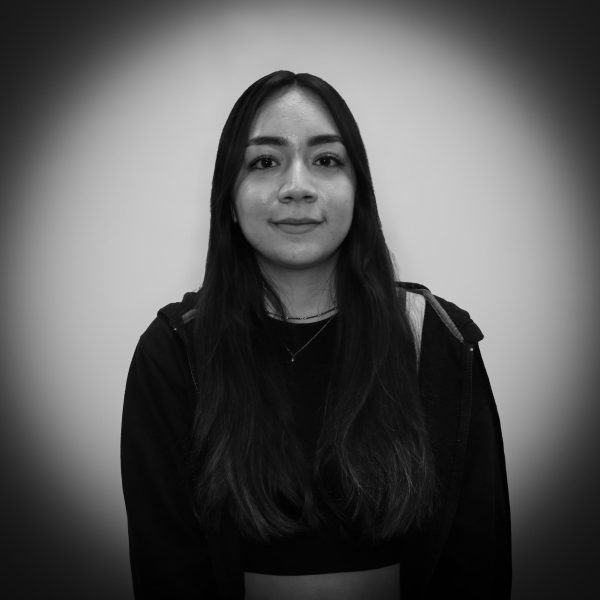A lot of television sitcoms have us wishing we could erase the memory of ever watching them, wishing to forget we ever saw a single episode of the show.
“The Good Place” is one of them.
You’ll wish the plot could be wiped from your memory just so you can watch and love it again and again, revisiting it for all eternity.
Created by the sitcom god behind “Parks and Recreation” and “The Office,” Michael Schur, “The Good Place” transcends the traditional comedy formula, offering a thought-provoking exploration of morality, ethics and the human condition.
I discovered “The Good Place” on Netflix four years after the 2020 series finale. And I am glad it found an afterlife on the streamer.
“The Good Place” is far from the typical sitcom, considering the main characters are, well, dead (or never alive in the first place?).
Protagonist Eleanor Shellstrop (Kristen Bell) finds herself in a celestial realm after death, only to realize she doesn’t belong there.
With the help of ethics professor Chidi Anagonye (William Jackson Harper), Eleanor embarks on a journey of self-improvement to earn her place in the “good place.” Alongside Tahani Al-Jamil, a British socialite portrayed by Jameela Jamil, and Jason Mendoza, a failed DJ played by Manny Jacinto, the group realizes that the “good place” isn’t really what they thought it was.
Despite critical acclaim, an 8.2/10 rating on IMDb and 97% on Rotten Tomatoes, “The Good Place” ended after just four seasons, seemingly an early demise compared to other NBC hits like “Friends” and “The Office.”
But Schur, the creator, explained that the show ended because he wished to avoid the fate of the later season’ss getting worse and worse, taking to Twitter to say he didn’t want “The Good Place” to just be “treading water just because the water is so warm and pleasant.”
Maybe each episode makes for a great watch because of the show’s early death.
Here are three reasons why:
The show’s social commentary
The good place is that non-denominational place where good people go when they die. You know, what some religions call heaven? Nirvana? Enlightenment?
The show centers on the idea that one’s actions on Earth determine how one spends eternity. This simple premise allows the show to dive into profound and philosophical concepts while maintaining laughter.
How does one get the good place?
A points system, obviously.
Every little thing you do affects your score.
But with all the complicated stuff in the world, like consumerism and environmentalism, it’s not so to rack them up.
Take buying lunch for a homeless person.
Seems nice?
Nope.
You just supported a corporation that treats workers poorly, uses unethical farming practices and messes up the environment.
So much for being a good person, huh? It shows that life’s not as simple as it used to be.
Negative 48 points for you.
The show highlights the complexities of modern morality, where intentions clash with consequences, rendering the traditional point system obsolete. Can higher powers be wrong?
The show forces you to stop and think about your own life and actions, the repercussions and ripple effect of all our choices.
Is there such a thing as a truly good deed? Something harmless? Selfless?
It’s big questions like this that are the root of the show.
It tackles big, existential questions in each and every episode.
But it does so while making you laugh.
It argues that life, the world, and the path to the good place are significantly more complex.
The show challenges the idea of a just world, the idea that people get what they deserve and that good things come to good people. Karma, what goes around, comes around… whatever you want to call it…
The universe is not as simple as that.
The characters
Complex too are the characters in “The Good Place.”
Take Tahani, for example, someone who’s good deeds on Earth were motivated by trying to one-up her sister.
Are they truly good deeds if the motivation isn’t pure? Does altruism exist?
Or Chidi, an ethics expert who spent his whole life writing and researching the subject of ethics but never actually doing anything to contribute to the world. Also, the most indecisive person to ever live.
There’s Jason, a drug-dealing Florida DJ, grappling with insecurity, loneliness and the desire for acceptance.
The characters each come with their own baggage and complex backstories; people aren’t as simple as “good” or “bad.” Their actions are shaped by their upbringing and experience.
Sure, Eleanor is cynical and defensive, but maybe more factors play into this behavior that helped shape her warped sense of morality?
The casting of Eleanor adds to the show’s success. Kristen Bell, perhaps best known for iconic role as Anna in “Frozen” is anything but the princess we might associate with her. She is flawed, selfish and takes advantage of the elderly!
But she is also vulnerable, with deep insecurities, and capable of growth.
The main cast is deliberately paired together as punishment, the idea that they will forever torture each other in the afterlife.
Those interpersonal dynamics, the relationships and interactions between the characters, heighten the complexity and the humor.
The characters force each other to come to revelations that change their perceptions. Chidi, for instance, realizes that his indecisiveness, not his eco-friendly lifestyle, led to his demise.
But they demonstrate their fatal flaws are things they can overcome in the afterlife. They develop in death. While they irritate and annoy each other, they also help each other grow.
The writing, the casting, and the interactions between the four main characters have you rooting for the group destined to suffer in this weird purgatory, this limbo that is not the heaven “the good place” is initially presented as.
It keeps you watching
“The Good Place” has an intriguing premise, playing with the ideas that people have about the afterlife, mining them for comedy gold.
The plot could easily go wrong and offend–a higher power that accidentally sends the wrong person to paradise? Yet, the writing never veers into anything the average viewer would deem disrespectful.
Instead, what the show presents is just laughable.
More than that, though, the show excels because of how well it crafts a plot full of twists and turns.
It’s unpredictable and full of cliffhangers, ending almost every episode with something that keeps viewers asking questions.
And tuning in.
It is a great show to binge-watch because there is no natural stopping point.
Just before the credits roll, a new wrinkle comes to life. Every time it seems one door is closing, it opens three more.
The show isn’t afraid to spend an entire season building one idea up; season one is spent in “the good place” before tearing that whole idea down.
It swaps gods for demons, robots for… non-robots?
Even on a rewatch, even knowing the twists, I found myself staying up a little later than I planned, trying to cram in one more episode.
The good place is presented as a reward for a life well lived. And that could not be further from reality. But “The Good Place” is one of the most enjoyable sitcoms you can spend an eternity watching and rewatching. It’s one heck of a good time.

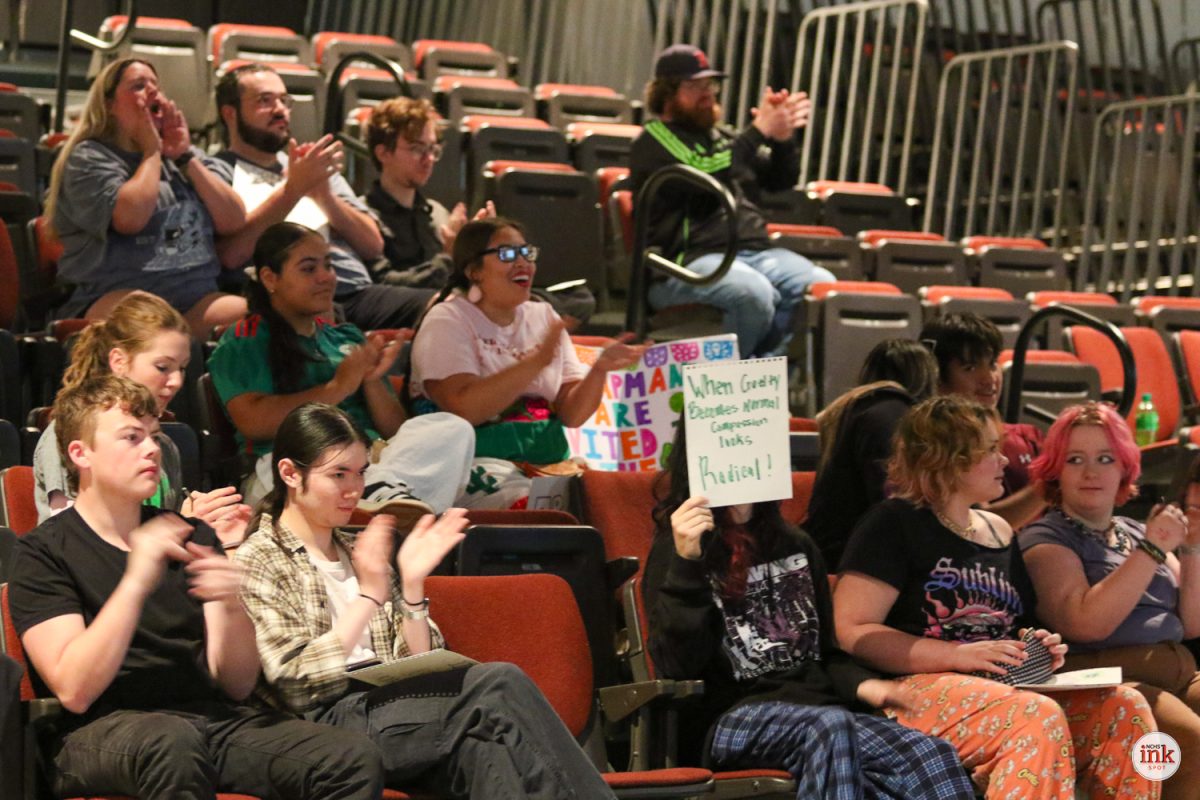

![Community honors longtime coach Mr. Bryan Thomas before Oct. 3 game [photo gallery]](https://nchsinkspot.com/wp-content/uploads/2025/10/Thomas-6-1200x1200.jpg)

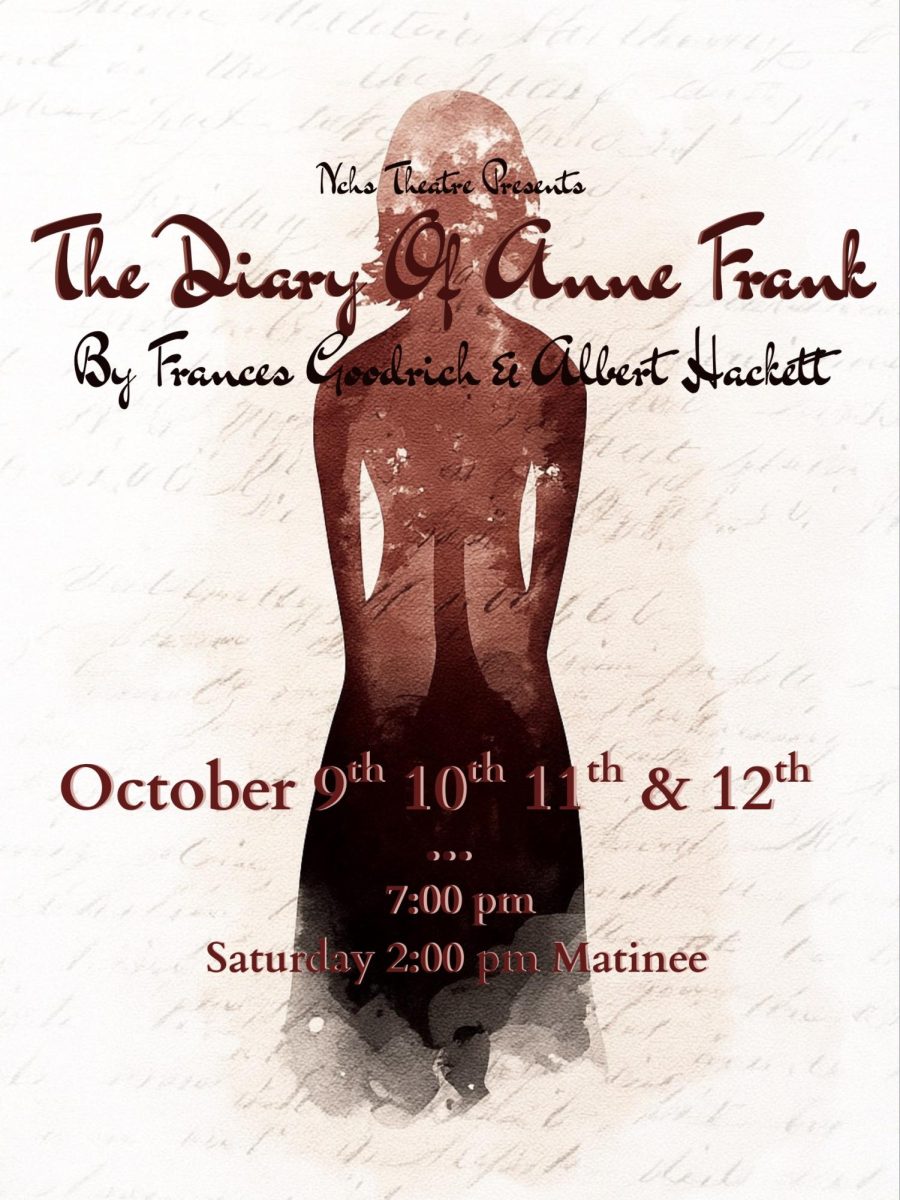
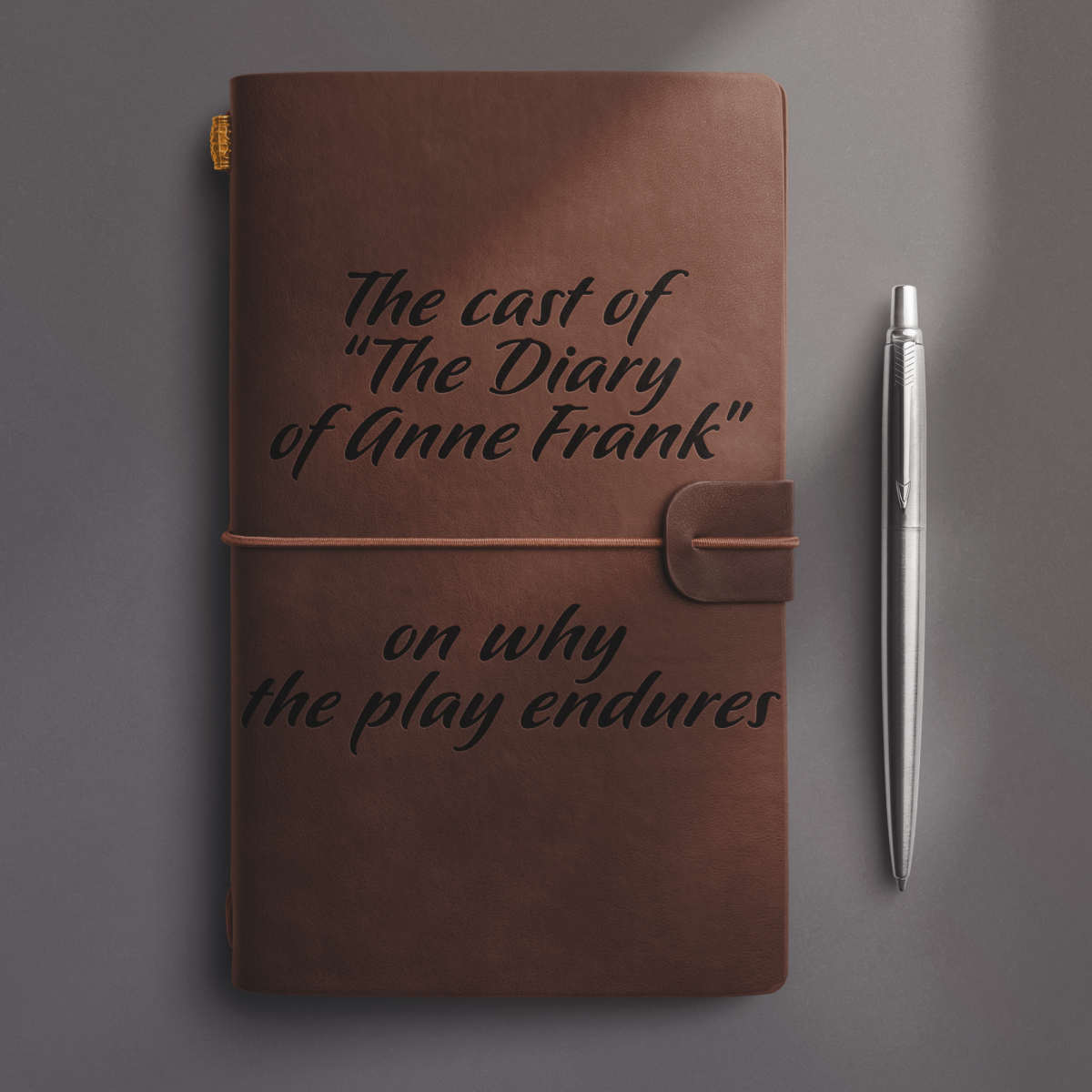



















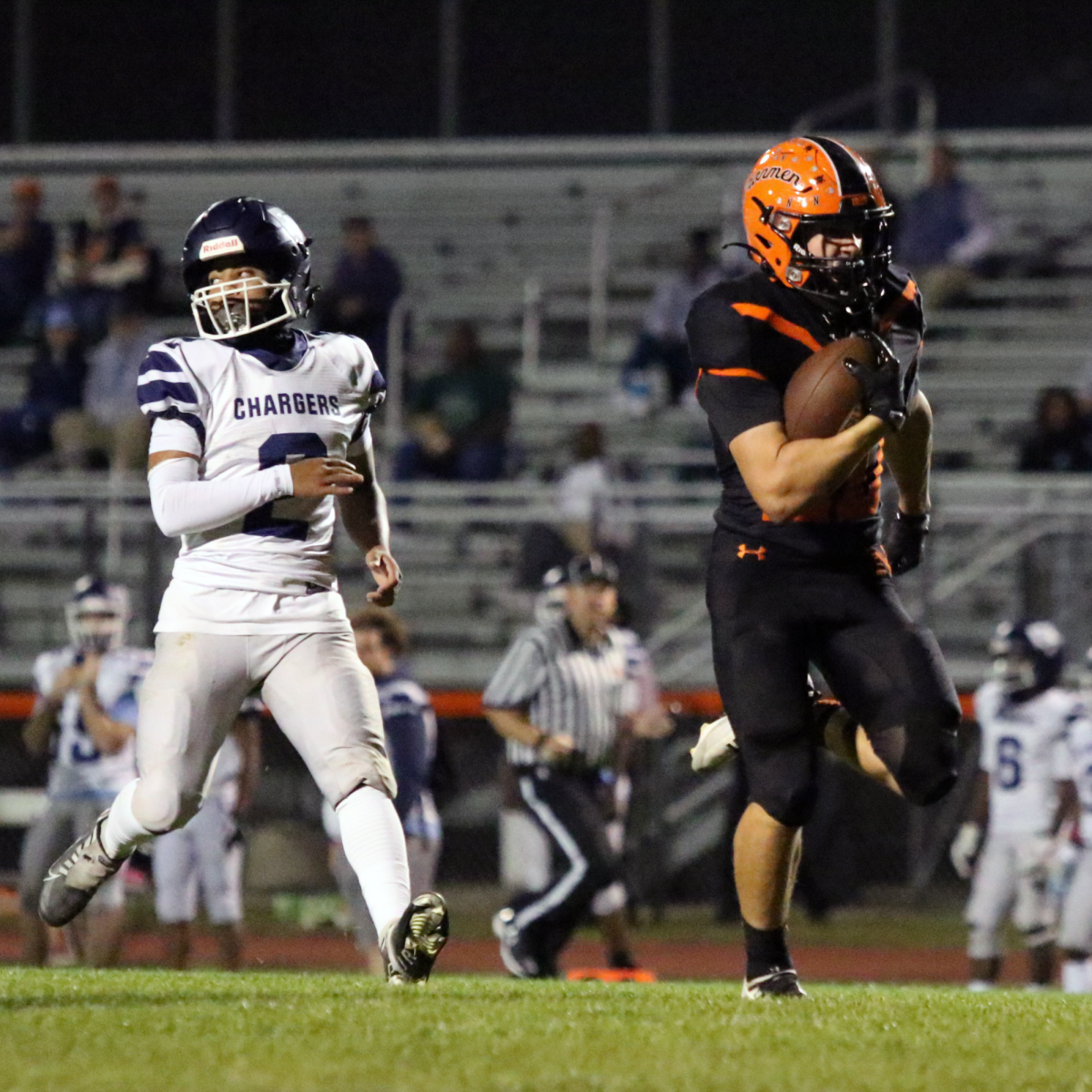
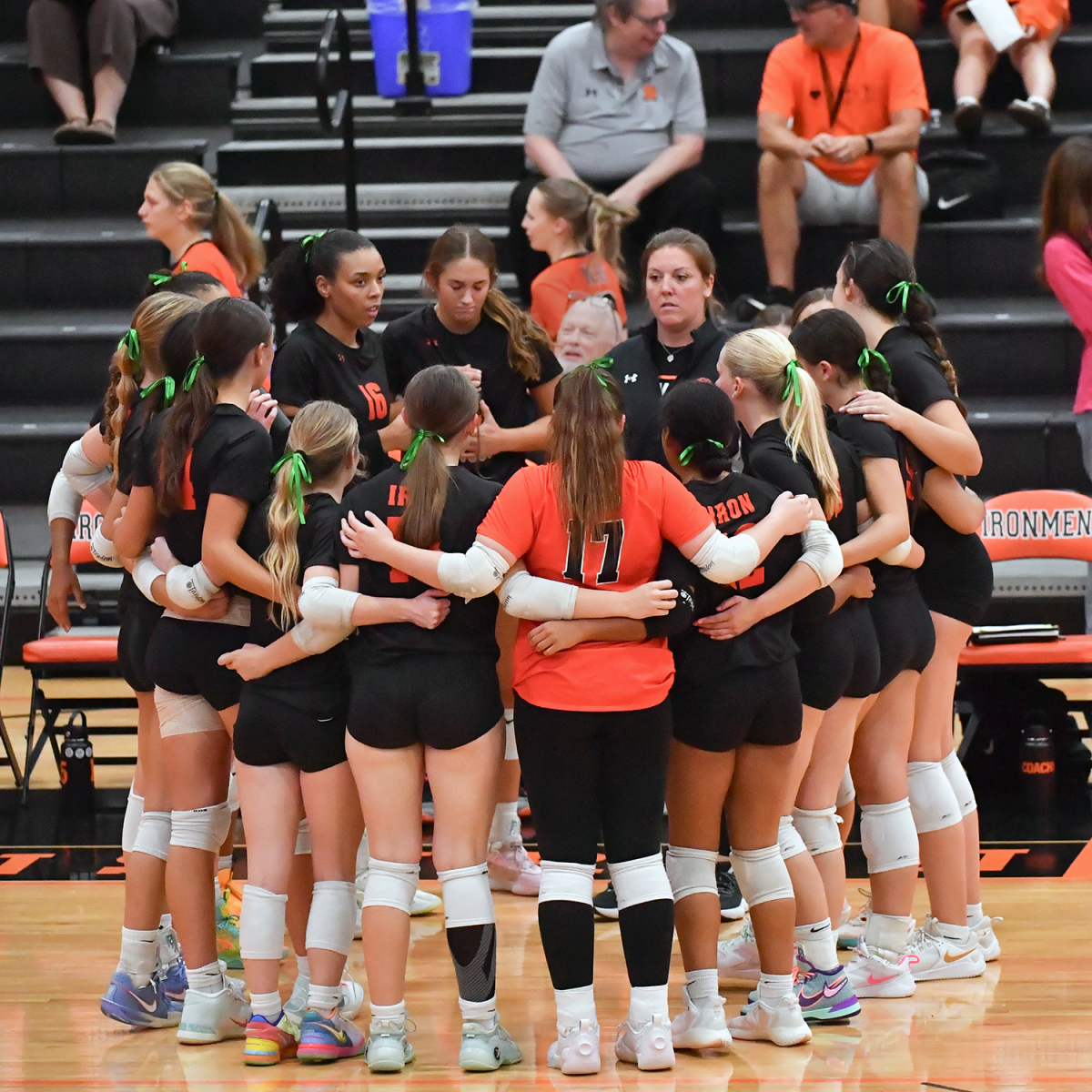

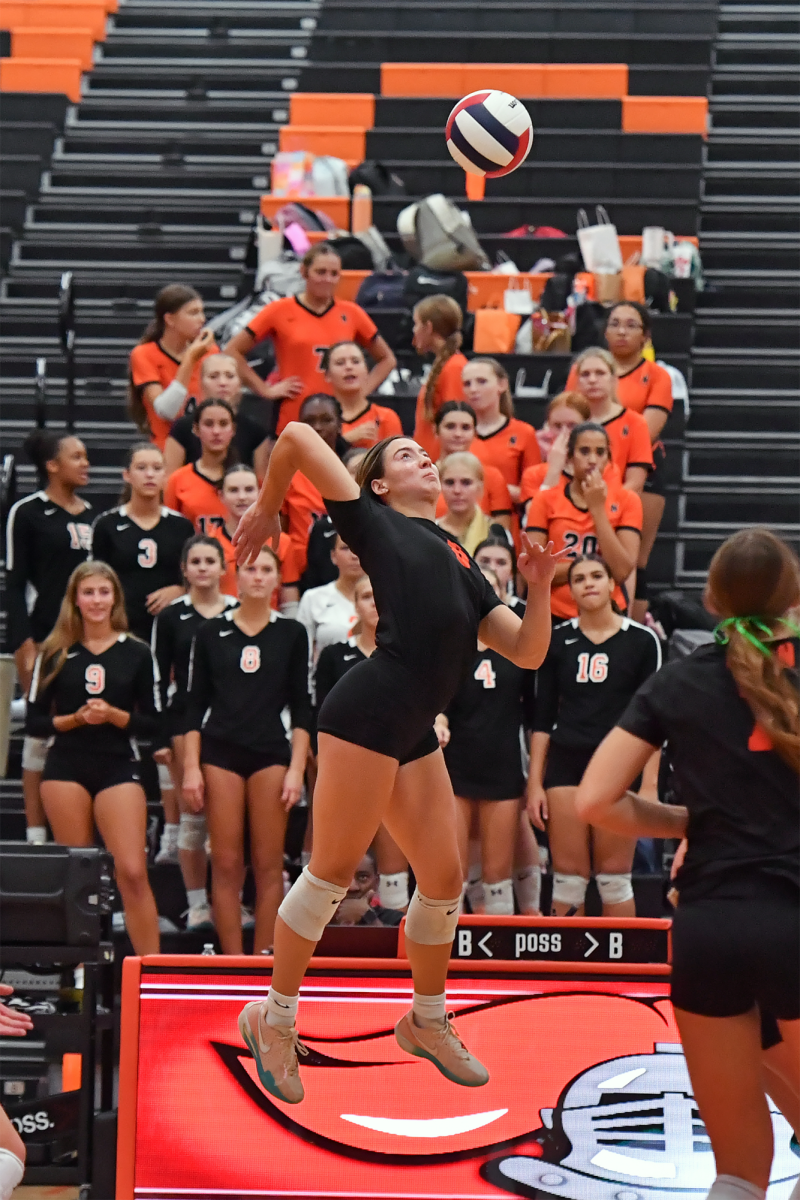
![Ironmen volleball head coach Ms. Christine Konopasek recorded her 400th career victory Oct. 21 as the Ironmen closed their regular season with a 2-0 sweep over Danville.
[Photo Illustration]](https://nchsinkspot.com/wp-content/uploads/2025/10/Vball400Thumb.png)







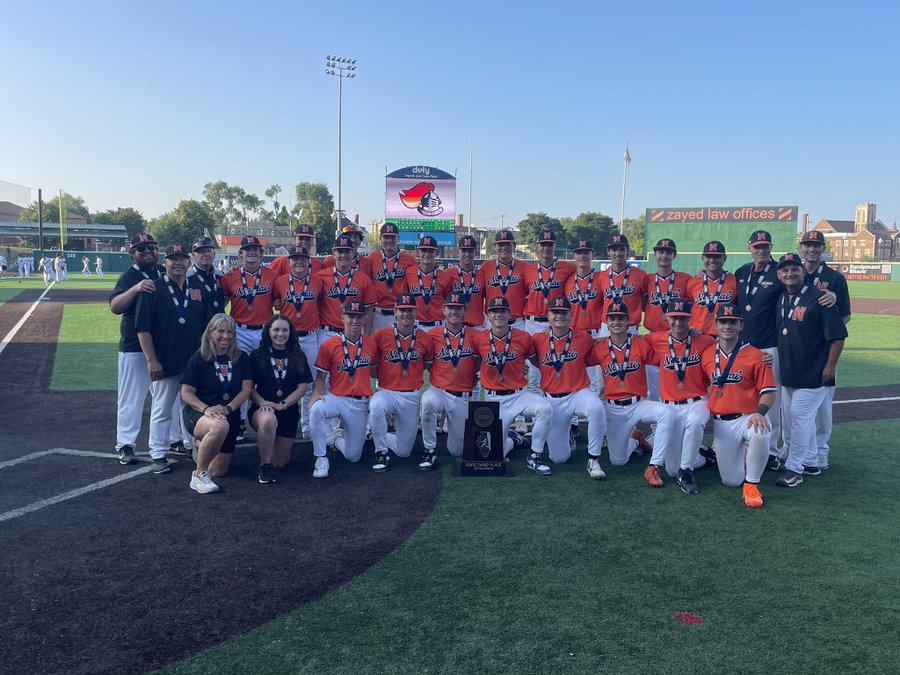








![Halloween candy cross section quiz [quiz]](https://nchsinkspot.com/wp-content/uploads/2022/10/Candy-cover-big-900x675.png)
![Average Jonah? [quiz]](https://nchsinkspot.com/wp-content/uploads/2022/05/average-jonah-900x600.png)







![[Photo Illustration]](https://nchsinkspot.com/wp-content/uploads/2025/09/trigger-words-1.png)










![Week 9: Coach Drengwitz on Week 8’s win, previewing Peoria High [video]](https://nchsinkspot.com/wp-content/uploads/2025/10/W9_PeoriaThumb.png)
![Postgame: Drengwitz on Community’s 56-6 win over Champaign Centennial; staying unbeaten in Big 12 [video]](https://nchsinkspot.com/wp-content/uploads/2025/10/10.17_FBwChampCent56-6_POST_thumb.png)
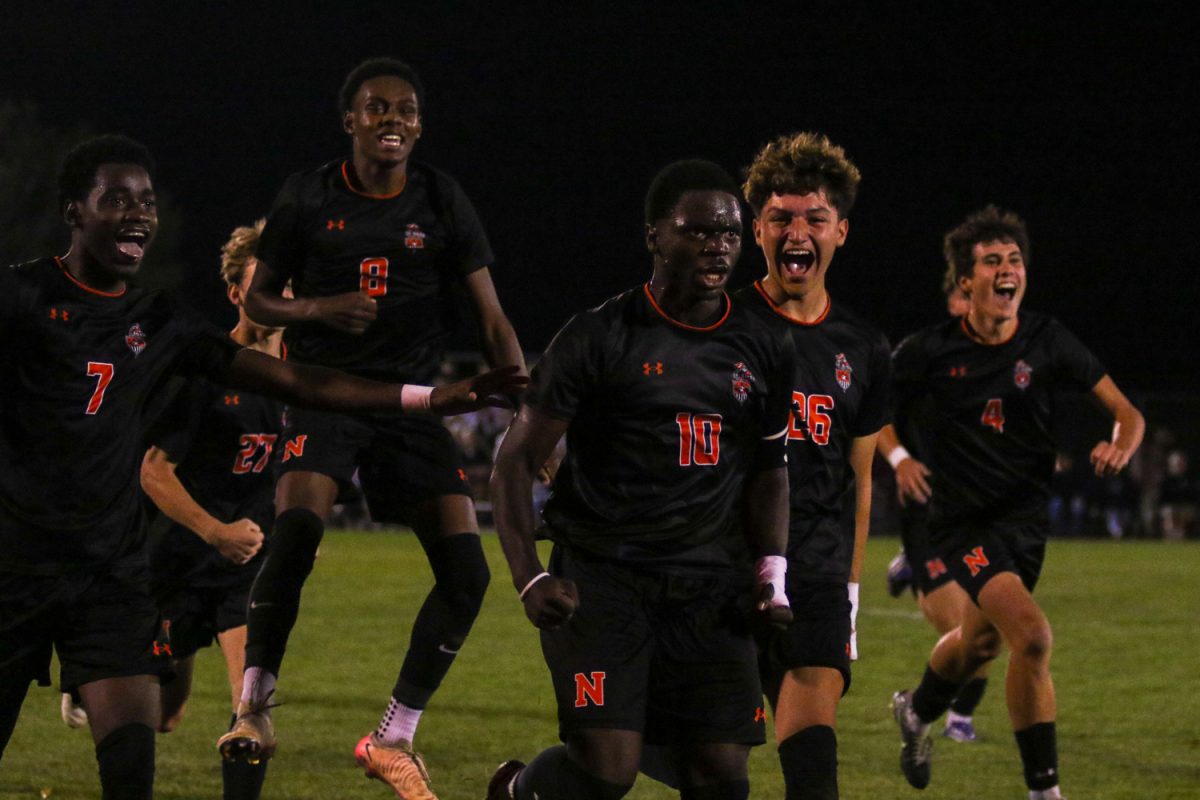






![Week 7: Coach Drengwitz recaps the Ironmen’s win over Bloomington, talks Danville [video]](https://nchsinkspot.com/wp-content/uploads/2025/10/Vikings-feature-Image-1200x675.png)
![On the Spot: This or That – Halloween [video]](https://nchsinkspot.com/wp-content/uploads/2024/10/tot-Halloween-YT-1200x675.png)
![On the Spot: This or That – Fall favorites [video]](https://nchsinkspot.com/wp-content/uploads/2024/10/ots-fall-web-1200x800.png)
![On the Spot – Teachers tested on 2023’s hottest words [video]](https://nchsinkspot.com/wp-content/uploads/2024/01/On-the-Spot-Teachers-tested-1200x675.png)








